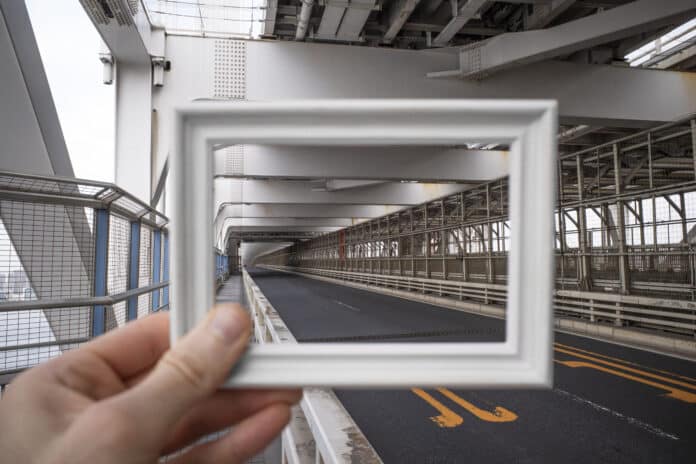Opening Erasmus+ Doors for Everyone
Erasmus+ is not just about travel and studies abroad—it’s about opening doors for everyone, no matter their background or challenges. The Inclusion and Diversity in Erasmus+ guide shows how we can make sure people with fewer opportunities get the chance to take part, grow, and shine.
Who Are We Reaching Out To?
In Erasmus+, “people with fewer opportunities” can mean those facing obstacles like disabilities, health problems, economic or social barriers, cultural differences, discrimination, or living far from big cities. These challenges often make it harder to join international projects. That’s why outreach—the effort to connect and invite them—is so important.
The Outreach Cycle
The guide explains outreach as a cycle, not a one-time action. It starts with preparation, moves into communication, creates a feeling of safety, and finally leads to empowerment. This process helps people feel ready, welcome, and confident to join Erasmus+.
Preparation: Laying the Groundwork
Good preparation means understanding the needs, fears, and motivations of your audience. It’s not just about helping learners—it’s about supporting their families too. Sometimes, families are nervous about sending their child (even an adult one!) abroad. Listening to concerns, providing clear information, and offering flexible formats—like virtual participation—can make a big difference.
Communication: Speaking Their Language
Communication is more than sending information—it’s about connecting. Use clear language, fun and creative materials, and personal approaches. This might mean visiting classrooms, making TikTok videos, sharing real participant stories, or hosting informal coffee mornings. Parents, educators, and community members should also be involved, so everyone feels informed and supported.
Safety: Building Trust
People need to feel safe—physically, emotionally, and culturally—before they can say “yes” to joining. This means having emergency plans, preparing participants for cultural differences, offering emotional support, and adapting hosting arrangements. Safety also means creating spaces where learners feel respected and free to share their thoughts.
Empowerment: Helping People Shine
The final step is empowerment—helping participants see their strengths, grow in confidence, and even inspire others. Workshops on life skills, peer support networks, and diversity celebrations can all boost self-esteem and create a sense of belonging.
Why It Matters
When Erasmus+ reaches out to everyone, it becomes more than a mobility programme—it becomes a tool for equality, connection, and personal growth. Inclusion doesn’t happen by accident; it’s something we build, step by step, with patience, creativity, and care.
So here’s the invitation
If you’re part of an Erasmus+ project, put on your “inclusion glasses.” Look for the people who might think this opportunity isn’t for them—and show them that it is. You might just change their life.










